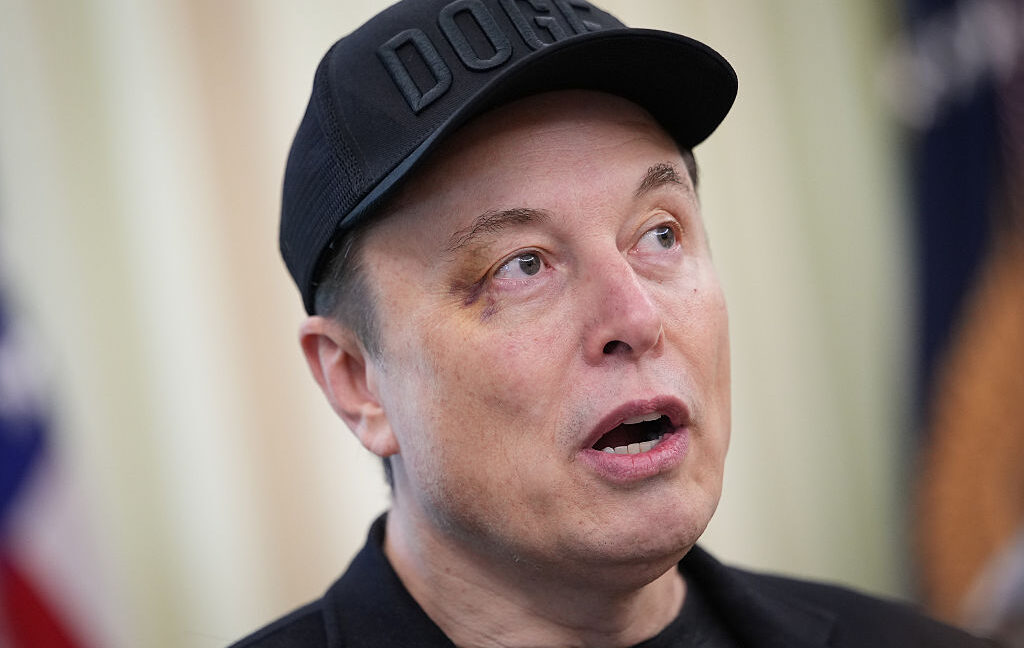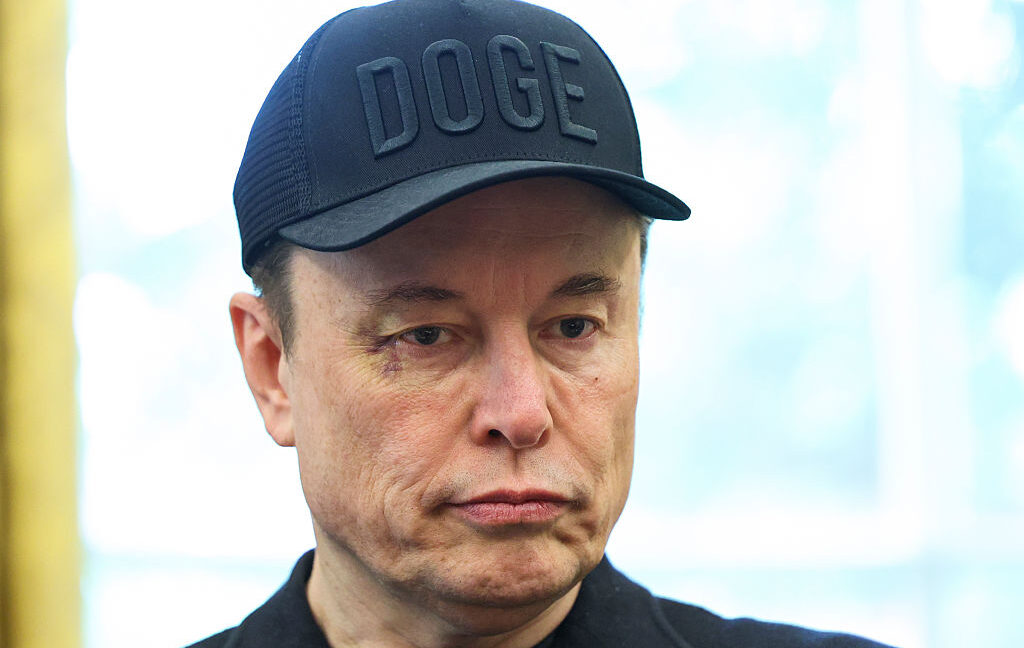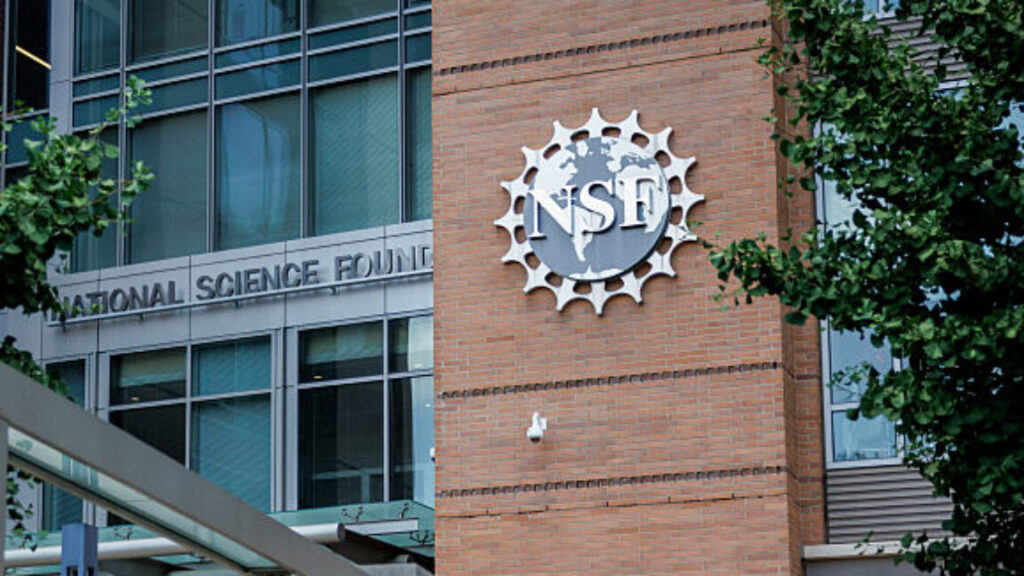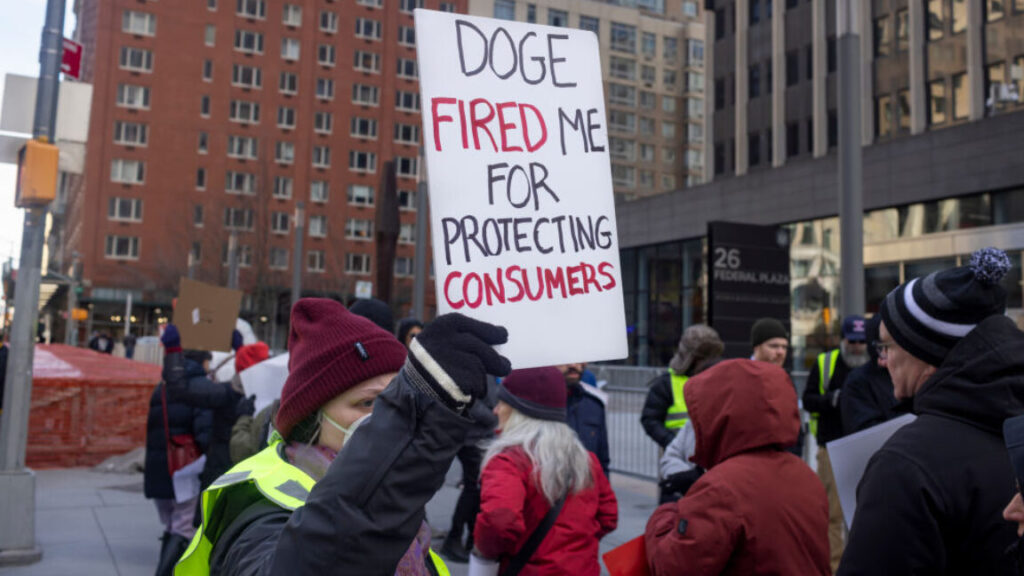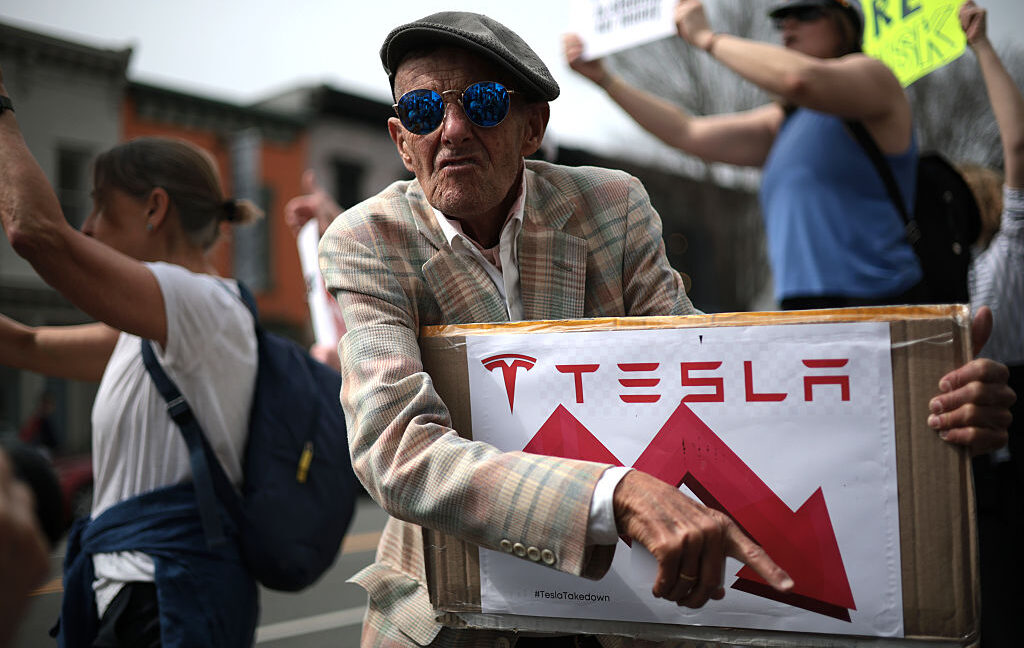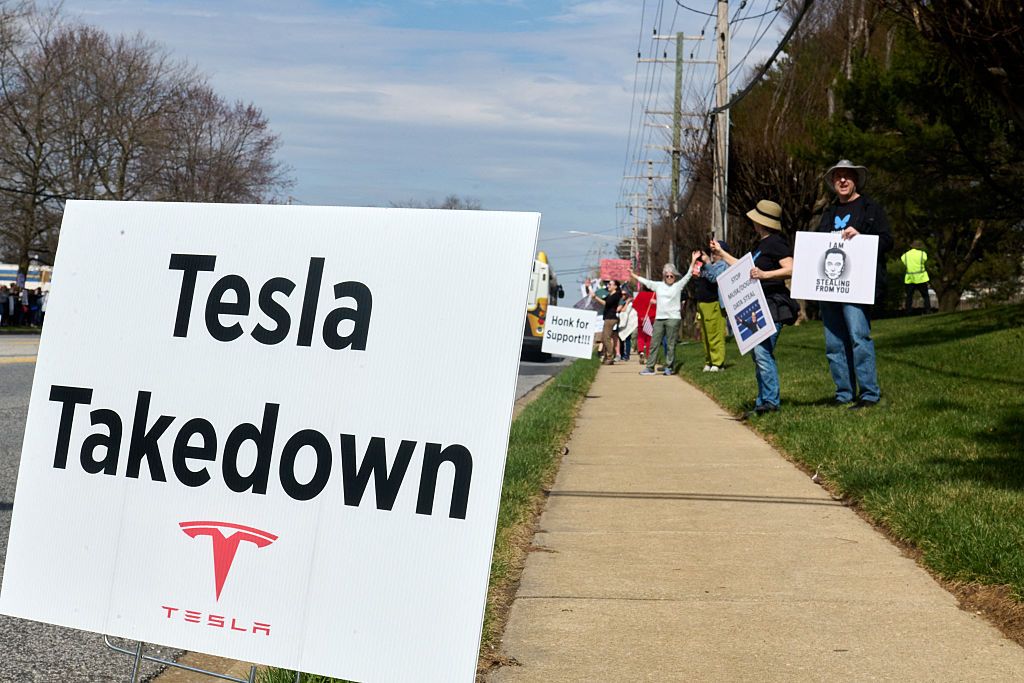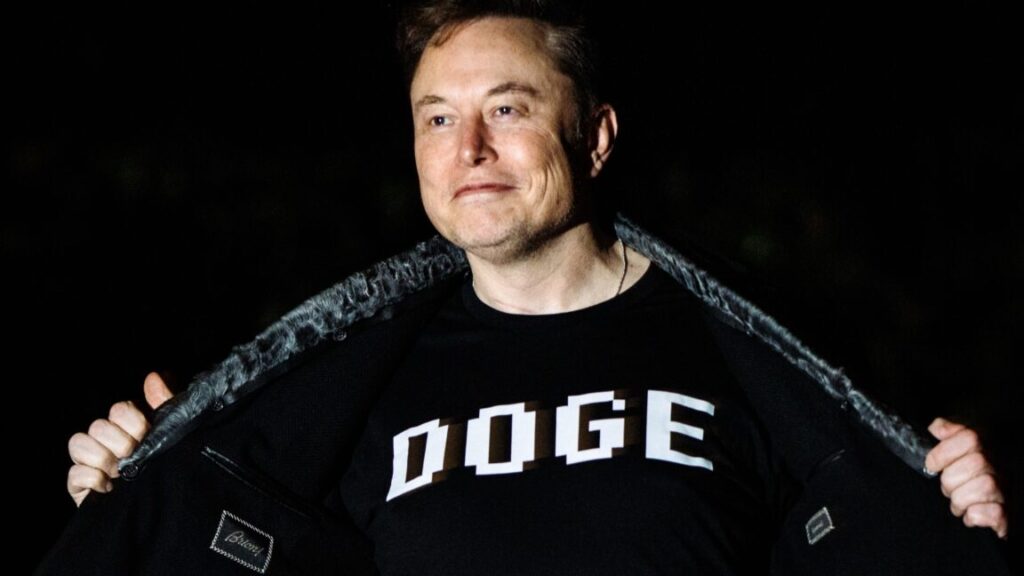DOGE did not find $2T in fraud, but that doesn’t matter, Musk allies say
Over time, more will be learned about how DOGE operated and what impact DOGE had. But it seems likely that even Musk would agree that DOGE failed to uncover the vast fraud he continues to predict exists in government.
DOGE supposedly served “higher purpose”
While Musk continues to fixate on fraud in the federal budget, his allies in government and Silicon Valley have begun spinning anyone criticizing DOGE’s failure to hit the promised target as missing the “higher purpose” of DOGE, The Guardian reported.
Five allies granted anonymity to discuss DOGE’s goals told The Guardian that the point of DOGE was to “fundamentally” reform government by eradicating “taboos” around hiring and firing, “expanding the use of untested technologies, and lowering resistance to boundary-pushing start-ups seeking federal contracts.” Now, the federal government can operate more like a company, Musk’s allies said.
The libertarian think tank, the Cato Institute, did celebrate DOGE for producing “the largest peacetime workforce cut on record,” even while acknowledging that DOGE had little impact on federal spending.
“It is important to note that DOGE’s target was to reduce the budget in absolute real terms without reference to a baseline projection. DOGE did not cut spending by either standard,” the Cato Institute reported.
Currently, DOGE still exists as a decentralized entity, with DOGE staffers appointed to various agencies to continue cutting alleged waste and finding alleged fraud. While some fear that the White House may choose to “re-empower” DOGE to make more government-wide cuts in the future, Musk has maintained that he would never helm a DOGE-like government effort again and the Cato Institute said that “the evidence supports Musk’s judgment.”
“DOGE had no noticeable effect on the trajectory of spending, but it reduced federal employment at the fastest pace since President Carter, and likely even before,” the Institute reported. “The only possible analogies are demobilization after World War II and the Korean War. Reducing spending is more important, but cutting the federal workforce is nothing to sneeze at, and Musk should look more positively on DOGE’s impact.”
Although the Cato Institute joined allies praising DOGE’s dramatic shrinking of the federal workforce, the director of the Center for Effective Public Management at the Brookings Institution, Elaine Kamarck, told Ars in November that DOGE “cut muscle, not fat” because “they didn’t really know what they were doing.”
DOGE did not find $2T in fraud, but that doesn’t matter, Musk allies say Read More »
